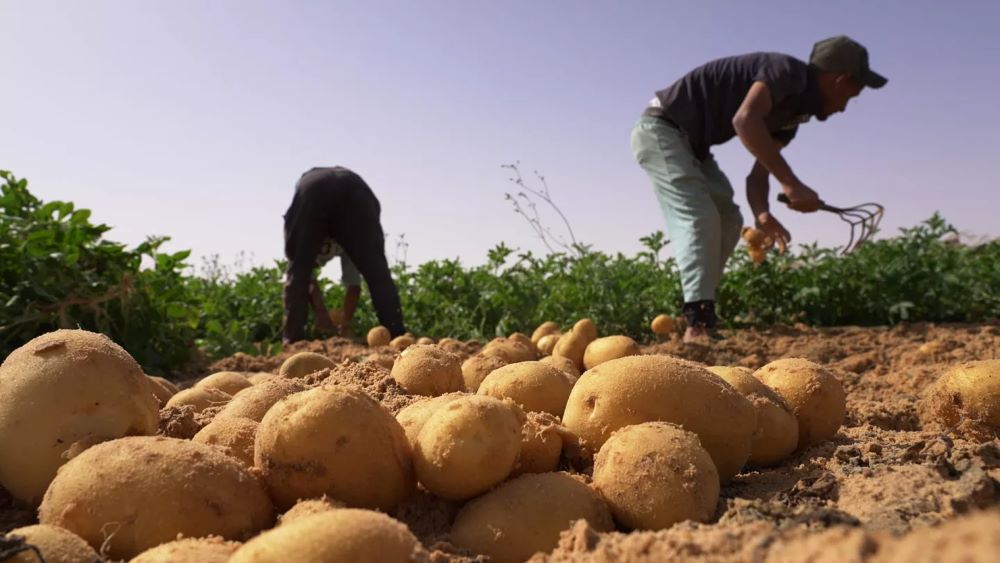(3 minutes read)
More than 16,000 hectares of agricultural land for investors interested in developing a strategic agricultural crop were mobilised in the Algerian province of Ghardaia. This area, located in the municipality of Mansoura at the place called “Chebarga” about a hundred kilometers south of Ghardaia, an area to be promoted for strategic arable crops in the province, is dedicated exclusively to agricultural investors as part of the development.
With the support of a technical team of agriculture with the participation of the Land Registry departments and local elected officials, this land is mobilised to promote investment in the agricultural sector, including intensive, modern, and strategic agriculture. The operation also aims to promote viable farms of sufficient size to encourage intensification of production processes and to ensure the profitability of investments.
In addition, nearly 2950 hectors representing about 20 agricultural areas distributed in the various localities of the province of Ghardaia have been mobilised by the National Agricultural Land Office (ONTA) to receive investors under the concession and a digital platform has just been launched allowing investors wishing to benefit from it to submit their applications directly via the platform.
Read Also:
https://trendsnafrica.com/algeria-explores-wheat-imports-from-russia/
https://trendsnafrica.com/us-department-of-agriculture-to-sponsor-trade-delegation-to-morocco/
https://trendsnafrica.com/what-is-really-on-the-african-horizon-in-2022/
The province of Ghardaia has a total arable agricultural area of 724,612 ha, including nearly 24,000 ha of 100% irrigated agricultural land and 700,541 ha of rangeland, according to Directorate of Agricultural Services (DSA) data.
As for the challenges in agricultural investment in the Saharan areas for strategic crops, many academics and specialists agree to link them to specialised investor training, assistance for project promoters, and the mobilisation of the necessary funds for irrigation projects that aim to support agriculture towards more resilience and sustainability.





